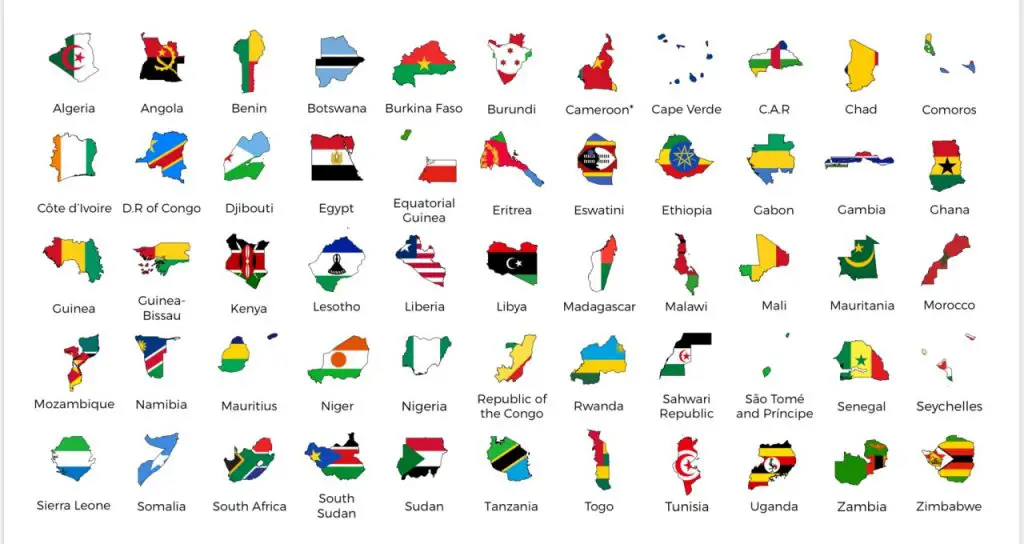Recently, Africa has enjoyed a lot of global attention. Overtures from partners all over the world have been relentless. Africa has had summits with China, Japan and Russia.
To take stock of the importance or lack thereof, it is politic to look at Africa’s continental vision and how international relations could help to realise it. The transformation of the Organisation of African Unity (OAU) into the African Union (AU) was not a mere exercise in shorter nomenclature; it signalled a break from some of the imponderable challenges that Africa could not solve through the OAU.
The AU said it differs from the OAU because it envisages “an integrated, prosperous, equitable and well-governed and peaceful United States of Africa, effectively managed by its own citizens and representing a creative and dynamic force in the international arena”. The First Strategic Plan of Action Horizon 2007 was meant to shape strategic relations with non-African partners in order to enhance its global stature.
It is difficult to calibrate the impact of these partnerships.
This is due to the traditional and long-standing nature of Africa’s relationship, especially with the West. This prevented any novelty being injected in the new frameworks, as relations continued their time-honoured characteristics.
Africa-China relations have bucked this trend. During the Cold War, these relations were driven by ideological fervour and concerted scepticism to Western intentions, politics and economics.
Latterly, Sino-Africa relations have assumed a frenetic economic, trade and investment component.
The numbers have been impressive. For example, from January-June 2019, Africa-China’s total import and export volume was $101.86 billion, up 2.9% year on year. This exceeded the overall growth rate of foreign trade in the same period by 4.9 percentage points. To put this in context, Japan’s 2017 foreign direct investment in Africa was $9bn, while China’s was $43bn. Because of their exponential increase, Africa-China relations have incited a flurry of criticism and commendation.
China’s critics, detractors and competitors are seized with envy and apprehension. This partly explains the sudden attention that Africa has attracted. Of utmost importance, however, is what is Africa’s goal in international relations?
The unfortunate circumstances of Africa are compounded by the fact that despite the grand schemes of the AU, a continental engagement with the rest of the world remains largely negligible, with African countries forced to trade more as individuals. Intra-African trade remains low, at 12%. These gloomy statistics call into urgency Africa’s concerted engagement as a continent within itself.
In relating to the rest of the world, the AU needs to have a proper statistical office that keeps track of all engagements that Africa shares with its non-Africa partners.
It is indeed heartening to note that China, Russia and Japan are courting the continent in an era when the West has sought a more in-ward looking approach. But how is Africa engaging with its aspirant suitors? How can its relationships with them help to attain the goals of Agenda 2063? China has clearly appealed more to Africa because it has been enlisted as an AU partner to build a railway system as a contribution towards the AU’s infrastructure ambition. How, then, can Japan and Russia be beckoned to do the same and on what terms?
At the most recent TICAD conference, Japan’s private sector pledged $20bn in Africa for over three years.
The AU, however, should assume the task of following the appropriation of this pledge and look at its impact in the broader scheme.
The attention that the continent currently enjoys should not be squandered. It could be exactly what Africa needs to improve its lot.
Article by Mark-Anthony Johnson, CEO at JIC Holdings
JIC Holdings is an innovative private holding company established in 2009 by its CEO, Mark-Anthony Johnson, to seize developing opportunities in emerging and frontier markets and has since grown into an international asset and investment management company with offices, associates and investments around the globe.
